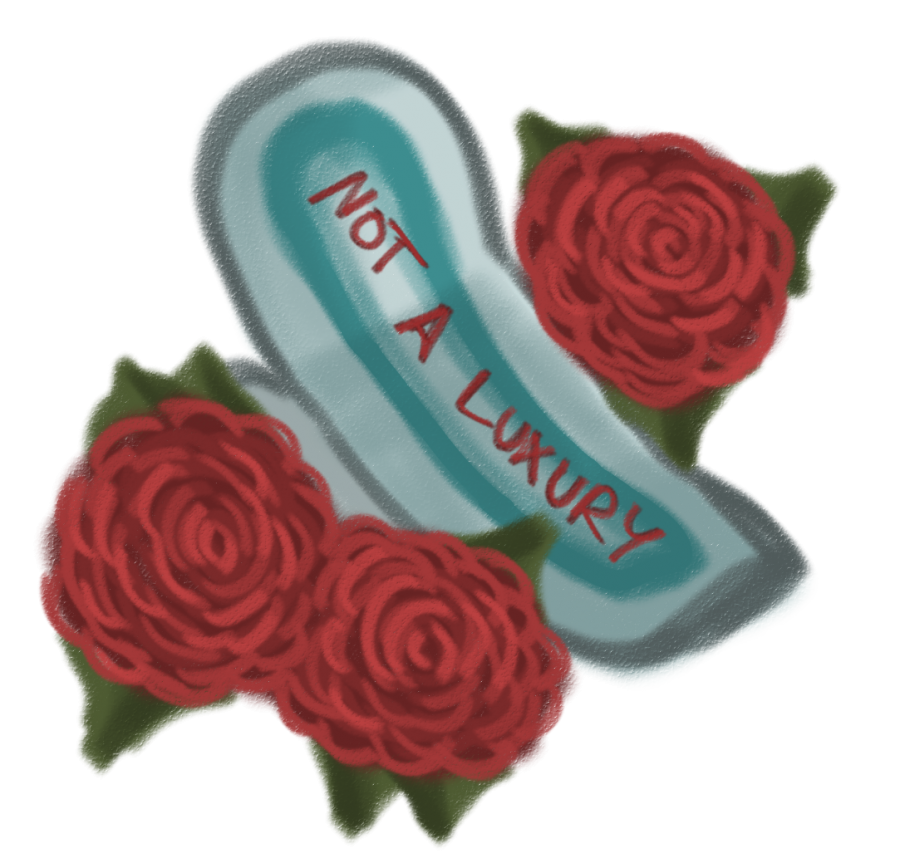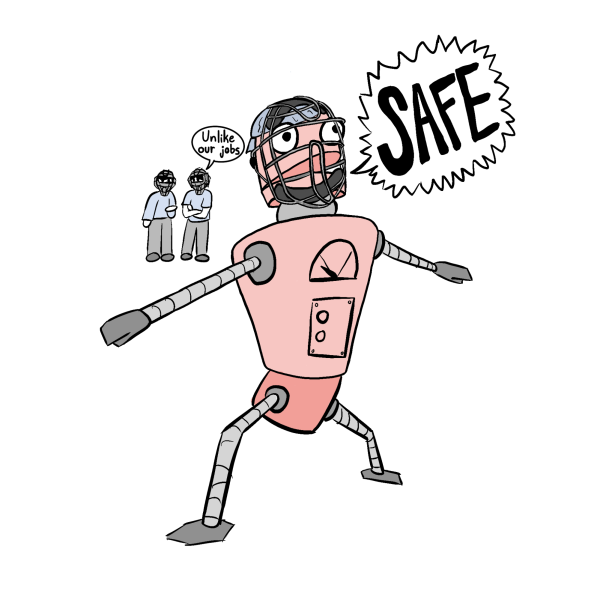What it costs to be a woman
How the Pink Tax increases prices for necessities
To all the cis women out there, do you ever feel a twinge of envy? Envy of cis men who don’t have to go through the trouble of living up to society’s expectations of what it means to be a girl? Envy of cis men who don’t have to pay extra for bleeding every month? Envy of cis men who don’t have to choose between hygiene and cost-cutting while purchasing period products?
Let’s be honest about it. We envy those who don’t have to spend money on period products every month simply because they were born without a uterus. If you’re not sure what I’m talking about, allow me to explain. I’m talking about the “Pink Tax,” the price discrepancy between the products and services marketed to women versus the ones marketed for men.
The Pink Tax separates men and women into stereotypical gender categories and charges women extra for the same products. Clothing and toys, as well as self-care products, may be subject to the Pink Tax. Research comparing the pricing of feminine and masculine goods presented by the New York City Department of Consumer Affairs in 2015 found that women are charged 42% more than males for the same amount of items they buy. They also pay an average of $1300 a year more than men. The World Health Organization states that women have a longer life expectancy than men, thus they will require more retirement funds, yet they have to give up so much to the discriminatory Pink Tax.
Scotland, according to the BBC, was the first country to make sanitary supplies available to everyone. Every country should strive to emulate Scotland’s success, but why would they do that if the unnecessary high prices for women’s products benefit their economies? For example, Investopedia claimed that cutting out the Pink Tax would cost California $55 million each year.
Men’s items are typically darker in color and have a rugged appearance, whereas feminine products are generally pink, attractive, and decorated with flowers. While the contents of shaving cream and razors are identical, the prices are far from similar.
The Pink Tax reminds us how prevalent sexism still is in modern society. Sir Ah Lim Byun once stated that “Not only are women statistically making less than men but having women pay extra in taxes is unfair. Over time this tax adds up in money that could have been saved.” The workplace has enough disparities in wages for the same labor performed by men and women. The Pink Tax only serves to make matters worse. Even if the government tried banning companies from adding the Pink Tax in all states, many people would still not be able to afford essential hygiene goods.
The facts are unmistakable: the Pink Tax is a current example of discrimination against women. Rather than pink and blue, the price we pay for the identical thing should be uncomplicated and straightforward, just like black and white. Women shouldn’t have to spend so much on something they didn’t ask for. No woman in the world should be forced to pay more for feminine products just because she bleeds or must adhere to societal expectations. For profit-based corporations, women’s hygiene is merely a way to make money. They are aware that women require these items and have no choice but to pay for them.
Even though pads and tampons are exorbitantly priced, I have never met a woman in my life who would refuse to provide these necessities to other women in need. Even if I go up to a random stranger and ask for a pad or a tampon, they are likely to help me out. Only a few countries and states have abolished the Pink Tax and made it unlawful to use a discriminatory gender factor, but I believe the world can change. I understand that it will take a long time for things to change, but they will. Until then, we can rest assured that no woman, whether a friend, sister, stranger, or even a foe, will ever abandon you in an emergency circumstance needing pads.
But change has to be made. A small step to help women with minimum access to good education and hygiene would be to carry out awareness campaigns and drives about periods, especially in underdeveloped areas, and give out pads for free. Another step would be to support companies and businesses that are against Pink Tax and offer gender-neutral pricing. Stop buying products from ones that don’t.






